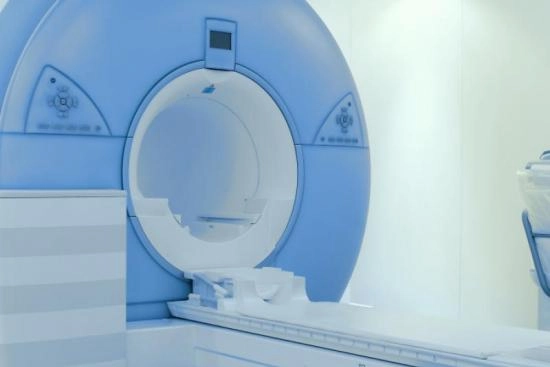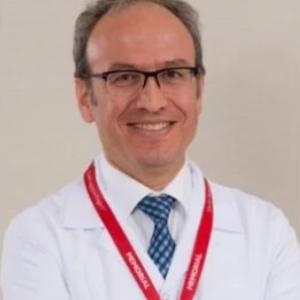Are you concerned about a precise diagnosis for cancer, heart disease, or thyroid disorders? Nuclear medicine in Turkey offers advanced imaging techniques that can detect abnormalities early, helping your doctors create a personalized treatment plan safely and non-invasively.
Risks and Side Effects
- Bleeding
- Swelling at the injection site
- Allergic reactions to radiopharmaceuticals
Cost of nuclear medicine scans in Istanbul, Turkey
The price of a nuclear medicine scan in Turkey, may vary depending on the hospital and tracer used. Turquie Santé provides:
- Medical expertise.
- Advanced technologies.
- Fast and efficient care.
- Personalized guidance and follow-up.
- Accredited and modern clinics.
- Affordable prices.
Have your nuclear medicine scans done with Turquie Santé under the best conditions. Contact us today to receive your personalized assessment, a free quote, and to schedule your procedure with complete safety.








